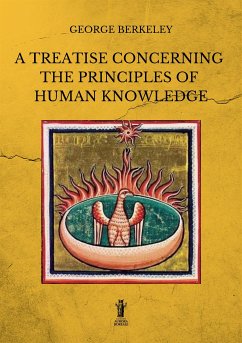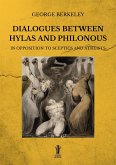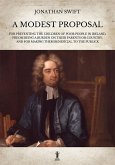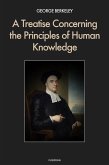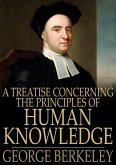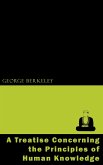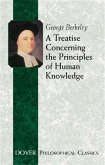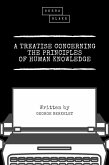George Berkeley (1685-1753) was an Irish philosopher, an anglican bishop and one of the three great British empiricists along with John Locke and David Hume. Ignored and derided in life, he is now widely re-evaluated and considered as a sort of indirect precursor of Ernst Mach, Albert Einstein and Niels Bohr for his thesis on the non-existence of matter and the impossibility of an objectively absolute time and space. His critiques of mathematics and science are among the most controversial, brilliant and revolutionary in the history of philosophy. «We perceive a continual succession of ideas, some are anew excited, others are changed or totally disappear. There is therefore some cause of these ideas, whereon they depend, and which produces and changes them. That this cause cannot be any quality or idea or combination of ideas, is clear. It must therefore be a substance; but it has been shewn that there is no corporeal or material substance: it remains therefore that the cause of ideas is an incorporeal active substance or Spirit».
Dieser Download kann aus rechtlichen Gründen nur mit Rechnungsadresse in A, B, BG, CY, CZ, D, DK, EW, E, FIN, F, GR, HR, H, IRL, I, LT, L, LR, M, NL, PL, P, R, S, SLO, SK ausgeliefert werden.

